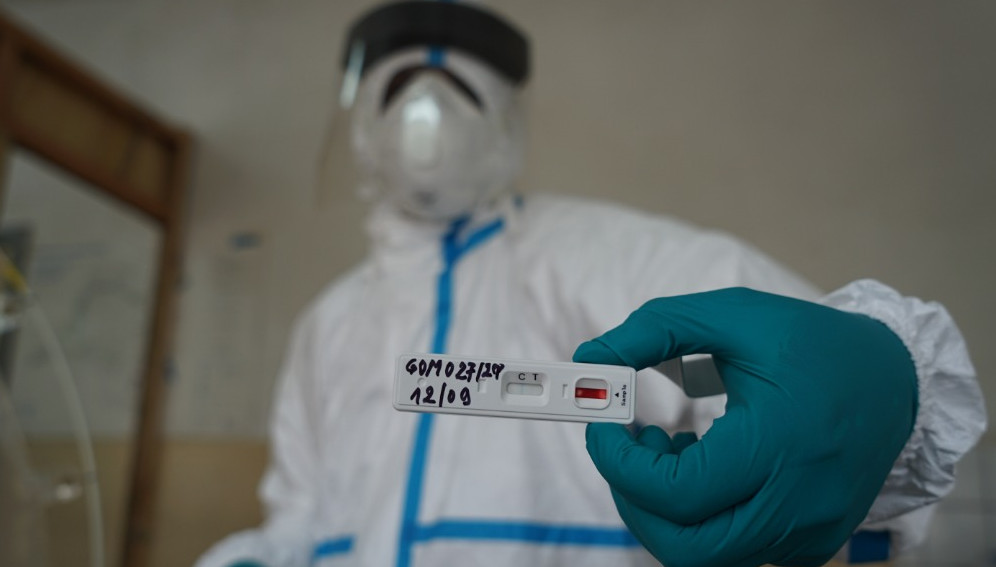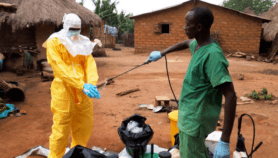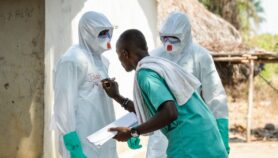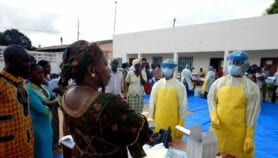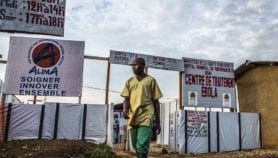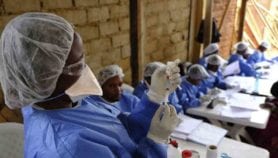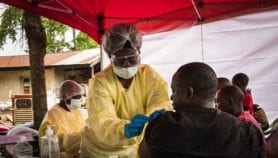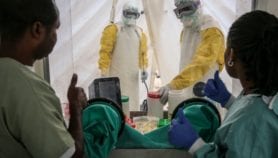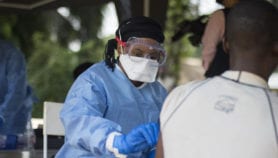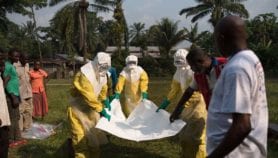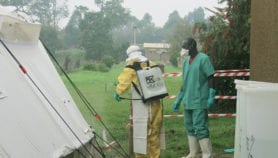Send to a friend
The details you provide on this page will not be used to send unsolicited email, and will not be sold to a 3rd party. See privacy policy.
Listen on Apple PodcastsListen on SpotifyListen on Google PodcastsListen on StitcherListen on OvercastListen on Amazon MusicListen on CastboxListen on Podcast AddictListen on Pocket CastsListen on iHeartRadioListen on PandoraRSS Feed
Season 4, Episode 24
Ebola is a highly contagious and often deadly virus and has been a persistent threat to several countries in Africa.
In this episode, Africa Science Focus spoke to researchers at the University of Zambia and Hokkaido University, Japan, who designed a kit which can detect the Ebola virus within minutes.
Katendi Changula, infectious disease researcher at the University of Zambia, explained how this test can be a game-changer, while Ayato Takada, professor at the International Institute for Zoonosis Control, Hokkaido University, Japan, explains how the kits were developed.
And Joseph Ndebe, researcher at the School of Veterinary Medicine, disease control department, at the University of Zambia, sheds light on the challenges faced in deploying the test kits.
We also hear from Sheila Makiala, who works at the National Institute of Biomedical Research in the Democratic Republic of Congo. She spoke to us about how the tests play a pivotal role in the effective management of Ebola outbreaks in the DRC.
————————————————————————————————————
This project was funded by the European Journalism Centre, through the Solutions Journalism Accelerator. The fund is supported by the Bill and Melinda Gates foundation.
Do you have any comments, questions or feedback about our podcast episodes? Let us know at [email protected]
This piece was produced by SciDev.Net’s Sub-Saharan Africa English desk.


